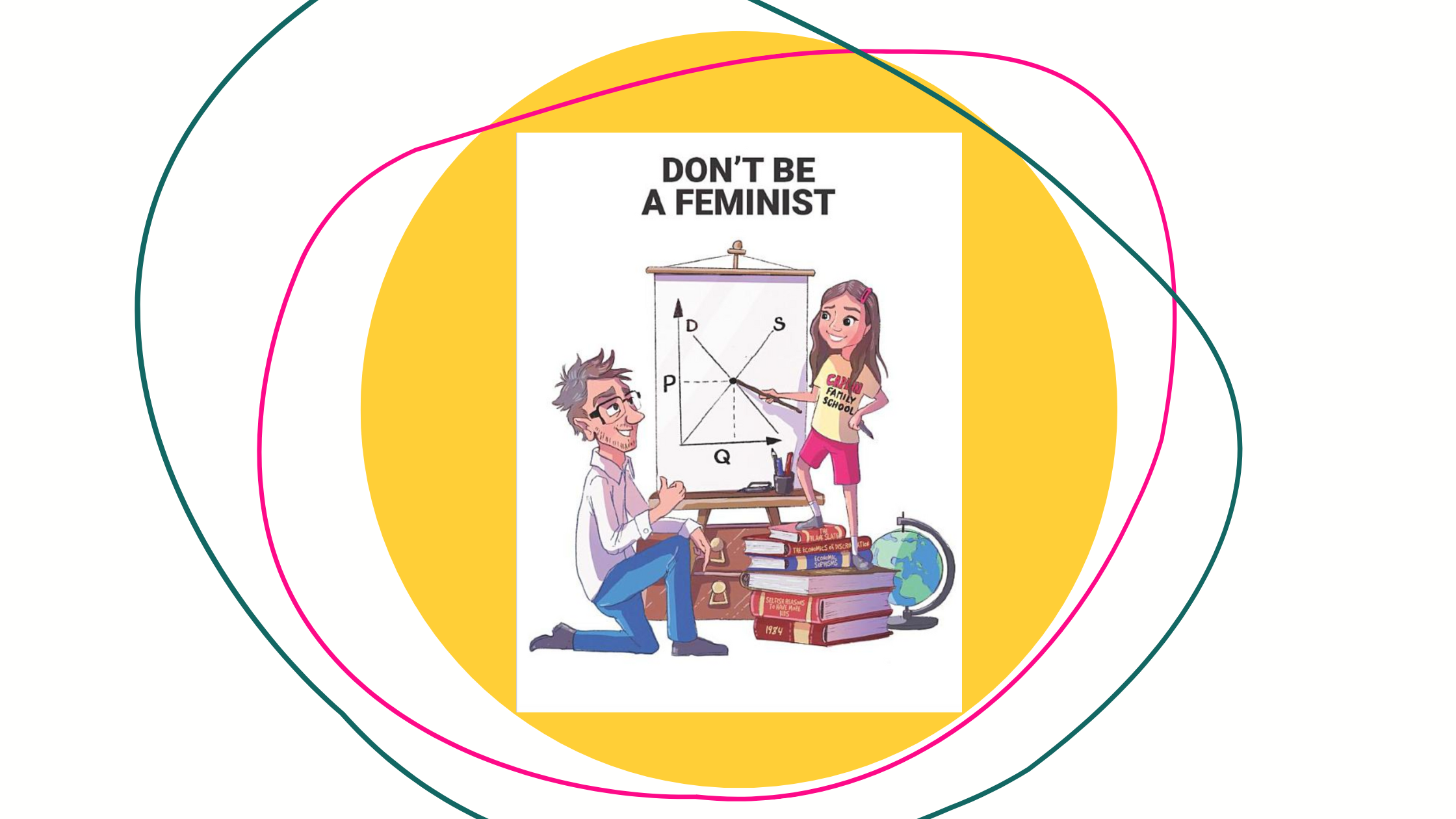Over at The UnPopulist, Feminists for Liberty co-founder Kat Murti reviews a new book from libertarian economics professor Bryan Caplan. The book—Don’t Be a Feminist: Essays on Genuine Justice—creates and then knocks down a straw man (straw woman?) version of feminism, Murti argues.
Caplan criticizes the left for denying that market forces have had a hand in creating economic opportunities for women and improving their status, especially in recent decades—and he is right to do so. That, however, is not a critique of feminism, which is not an exclusively leftist phenomenon, no matter how much Caplan tries to dismiss it by putting it in that box. Indeed, feminism comes in many different flavors with countless movements and thinkers, some of whom have pushed against the omissions of their leftist counterparts.
But just as some leftist feminists won’t credit free enterprise for improving the lot of women, Caplan won’t give feminism any credit either. He attributes “much of the progress that women have enjoyed since 1900” to rising economic prosperity that helped “men and women alike”—and he is absolutely correct. The story of women’s liberation is very much one of economic freedom—a point which Marxist feminists overlook. However, what Caplan ignores is that women simply would not have enjoyed as big a share of this prosperity—or the growth in other freedoms it brought with it—if feminism had not helped them obtain the same access to markets as men enjoyed.
Caplan is in such deep denial about the contributions of feminism that he claims that while the modern labor market is “probably fairer for motivated, high-ability women today,” most American women would likely have been better off in the 1950s because they could “count on the father of their children for financial and personal support.” Maybe that’s because Caplan imagines all husbands and fathers are like him—dedicated family men. That is far from the case for many men who at the time controlled the purse strings and didn’t always prioritize their wives’ or families’ well-being. Sure children were less likely to be born out of wedlock, but men were significantly less likely to perform any actual caregiving—even 30 years later, in 1982, a full 43% of fathers reported never having changed a diaper. However, it is simply a fact that women of the period were denied both equal treatment under the law and equal access to markets.
In many parts of the United States, women could not get a mortgage or buy a home on their own, and, once married, did not have equal rights over property held jointly with their husbands, who could legally make major decisions including selling or mortgaging properties without their wives’ consent. Most American women had little control of their own earnings, could not obtain a credit card or open a bank account without a male guardian, and did not have the same access to either business or personal loans as men did. The reason that modern American women do, legally speaking, have these rights today, is because of the feminist movement, not in spite of it.
Read the whole thing here.

